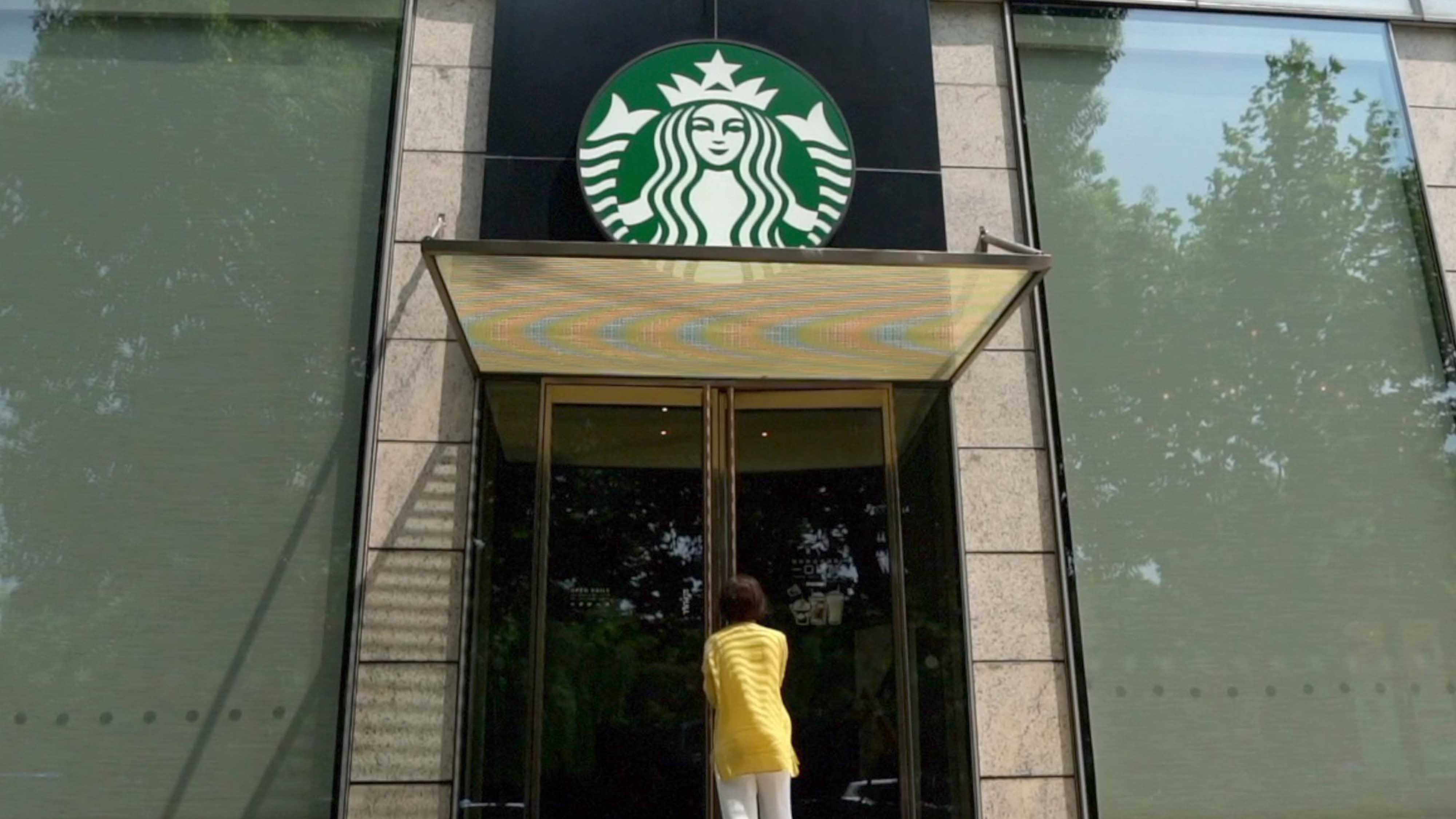
Business
13:22, 02-Nov-2018
Starbucks: How to sell coffee in a tea-drinking country
Updated
12:38, 05-Nov-2018
By CGTN's Han Peng
02:55

Starbucks Coffee has become one of China's biggest success stories of recent years, but that popularity did not come overnight. It's a result of China's economic rise and the US brand's smart strategies. And with a formidable competitor now threatening Starbucks' success, how will they respond?
In a country that's had a long and love affair with tea, Starbucks opens a new coffee shop in China every 12 hours.
The US brand entered China nearly 20 years ago. Sales struggled in the early going.
In fact, Starbucks lost money in China for nine consecutive years. But the company's founder decided to stay the course.

VCG Photo
VCG Photo
"I was one of the early CEOs in America saying how bullish and excited I was about the Chinese opportunity for Starbucks and the China market. We understood that there was a place in between home and work, which is the third place," Howard Schultz, founder of Starbucks, told CGTN.
The result, China is now Starbucks' second largest market after the United States with seven million loyal customers -- the number tripled in just four years.
But today it faces challenges from local brands, especially Luckin Coffee, a one-year-old local success which promises to deliver coffee half the price of Starbucks to your home and office within 30 minutes.
"The market is so big potentially that if they get any degree of traction in the mass market retail coffee, they will be big and win big without Starbucks. Now however, Chinese consumers are somewhat fickle in any industry just about, you see market shares swing every year… It would not surprise me at all if 10 or 20 percent of Starbucks volume shift," prof. Jeffrey Towson of Peking University told CGTN.
That's partly why Starbucks decided to partner with Chinese e-commerce giant Alibaba this August.

Reuters Photo
Reuters Photo
Alibaba's nationwide food delivery platform Ele.me now delivers coffee for Starbucks.
"Today's announcement is really a reflection of the fact that Alibaba is a world-class technology company. They have a shared vision around the future of retail and how you bring the offline experience with the digital experience together to create a new customer experience," Kevin Johnson, CEO of Starbucks, told CGTN.
The high-profile partnership came as Washington gets tough with Beijing on trade.
Despite challenges and uncertainties, Starbucks continues to invest in China.
It opened its biggest worldwide store in downtown Shanghai, and the second largest in Beijing, in the past year.
Simply put, this US brand has shaped a Chinese lifestyle, it now cannot afford to lose in China.

SITEMAP
Copyright © 2018 CGTN. Beijing ICP prepared NO.16065310-3
Copyright © 2018 CGTN. Beijing ICP prepared NO.16065310-3